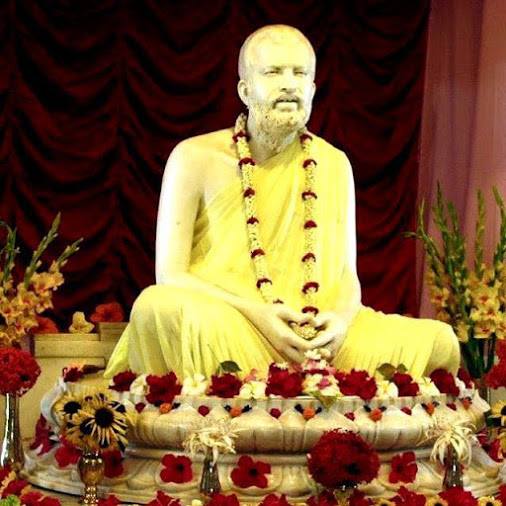Desire and the Will of the Spirit - Sri Aurobindo
20/03/2017.
When we consider the force of desire, we identify it generally with the craving of the life-force, whether it be for physical satisfaction, such as from hunger, thirst, relief from cold or heat, etc; or from vital craving such as seeking after power, recognition, sexual gratification, and at more refined levels, emotional satisfaction, aesthetic or intellectual fulfilment or fulfillment of various drives for social development, justice, etc. Each of these are founded either in the physical or the psychic Prana operative in the body, life-force, or in the mind. Sri Aurobindo observes: “This desire is essential to the ordinary man; he cannot live or act as an individual without knotting up all his action into the service of some kind of lower or higher craving, preference or passion.”
The issue arises, for the seeker, when he is asked to become desireless, to act without reliance on this motive force. Many believe that action without desire is not possible, and there are those that therefore embrace the fulfillment of desire, and others who seek to suppress desire and focus the entire being on the pursuit of the Absolute in a silent, unmoving focus of the consciousness.
For the seeker of the integral Yoga, however, it is expected that action will continue, but founded on a different basis than desire. The key to this is a shift to the divine standpoint, or as Sri Aurobindo refers to it in this context, “…to look at desire from above…” “…we see that what supports this instrumental desire is a will of the spirit. There is a will, tapas, shakti, by which the secret spirit imposes on its outer members all their action and draws from it an active delight of its being, an Ananda, in which they very obscurely and imperfectly, if at all consciously, partake. This Tapas is the will of the transcendent spirit who creates the universal movement, of the universal spirit who supports and informs it, of the free individual spirit who is the soul centre of its multiplicities. It is one will, free in all these at once, comprehensive, harmonious, unified; we find it, when we live and act in the spirit, to be an effortless and desireless, a spontaneous and illumined, a self-fulfilling and self-possessing, a satisfied and blissful will of the spiritual delight of being.”




Comments
Post a Comment